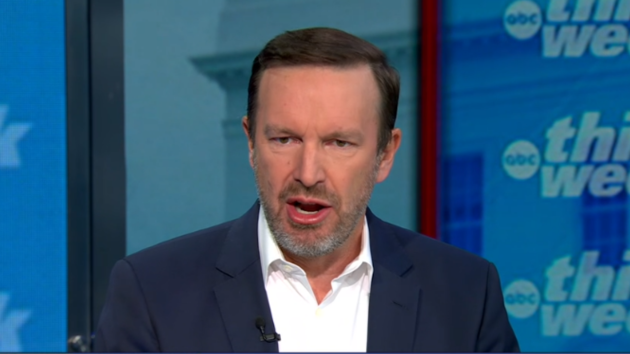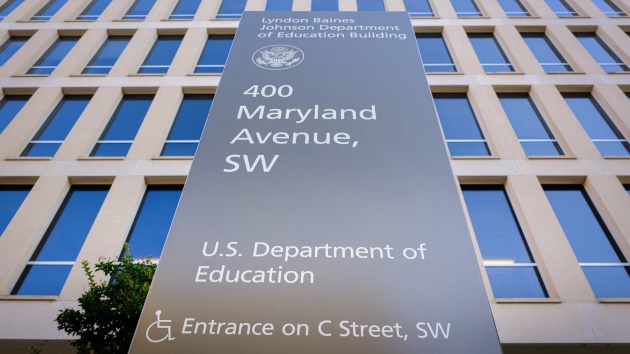CHIPS Act will strengthen US national security by boosting access to semiconductors: Raimondo
Written by ABC Audio ALL RIGHTS RESERVED on February 23, 2023

(WASHINGTON) — Making semiconductors in the U.S. is critical for national security, Secretary of Commerce Gina Raimondo told reporters on Wednesday, ahead of a speech she’ll give on supporting domestic manufacturing.
Raimondo’s remarks at Georgetown University on Thursday will focus on the importance of semiconductors after Congress passed the $280 billion CHIPS and Science Act last year. The Commerce Department is responsible for implementing the bipartisan legislation, in what Raimondo said Wednesday was an effort to bring back more of the semiconductor industry to the U.S., where it began.
“Over the past few decades, we as a country have taken our eye off the ball and let chip manufacturing [go] overseas,” she said.
In 2001, the U.S. had more than 300,000 semiconductor jobs but has lost one third of those in the past 20 years, Raimondo explained. She cited lower labor costs in other countries and a lack of private investments in manufacturing.
Semiconductors are essential computer chips for numerous everyday items, such as refrigerators, dishwashers, cars, smartphones and more. They are primarily made internationally right now, largely in Taiwan.
But the CHIPS and Science Act gives the U.S. an opportunity to make investments that are “consequential for America’s future,” Raimondo said. The legislation directs tens of billions to spur research in and development of the domestic semiconductor industry.
Raimondo linked the need for the chips to the shortage of them seen during the supply chain crunch in the COVID-19 pandemic.
“I think that when people needed product, whether it was chips or anything else that we couldn’t get during the pandemic, and then realized how utterly reliant we are — in the case of chips, on a single company in Taiwan; or in the case of other things, China — we realized that’s just not good for our security and stability,” Raimondo said. “And so we’ve decided we had to make some changes.”
The semiconductor shortage had broader economic effects in the U.S., hurting other kinds of manufacturing, Raimondo said.
“Last year, because Ford didn’t have access to enough chips, even for simple things like windshield wipers, their workers in places like Michigan and Indiana only worked a full week three times in the year,” she said.
But by 2030, the secretary wants to make America the largest producer of semiconductors in the world, and she said she intends to help do that by increasing production capabilities and increasing research and innovation.
Raimondo, echoing other administration officials, said that the CHIPS Act has moved into a key phase of being implemented well so the law is effective.
“What we’re out to do here is to ensure that at the end of implementation, the United States of America is the only country in the world where every company capable of producing leading-edge chips will have a significant research and development and high-volume manufacturing presence in our country,” she said.
Next week, the Commerce Department will roll out the application process for companies to apply for federal funds allocated in the CHIPS and Science Act.
Copyright © 2023, ABC Audio. All rights reserved.

 KVSP
KVSP 




